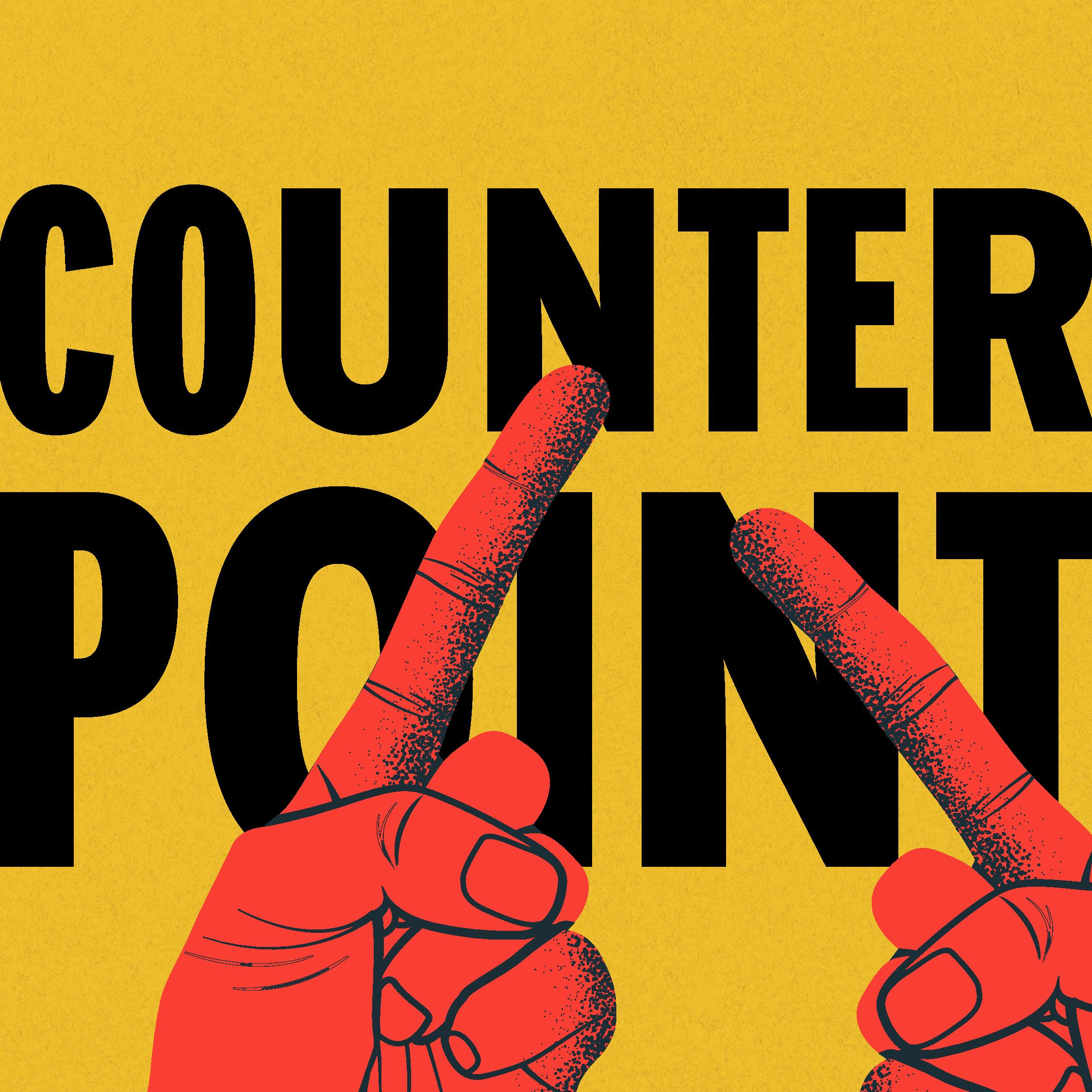Is the IMF Still Relevant?
Description
As countries grappled with the economic fallout from the COVID-19 pandemic in recent years, many turned to global financial agencies for support, including the International Monetary Fund and the World Bank. But in some cases, at least, the agencies’ playbook of reforms and austerity in exchange for loans, no longer seemed suitable.
The IMF and the World Bank—along with the United Nations and the world’s other dominant international organizations—were created after World War Two, to serve the global order at the time. In the decades since, that order had changed dramatically. Are these institutions serving the world in the best possible way?
To answer that question, Foreign Policy’s Editor in Chief, Ravi Agrawal, sat down recently with Mark Malloch Brown, who spent years at the World Bank, the United Nations’ Development Program, and the United Nations thinking through these very issues. Malloch Brown is now president of the Open Society Foundations.
We’re featuring their conversation in the latest episode of our podcast Global Reboot. The show is produced by Foreign Policy in partnership with the Doha Forum.
More Episodes
U.S. President-elect Donald Trump made immigration a cornerstone of his campaign. The question now is what will he actually do? Will he seek to round up and kick 10 million people out of the country on Jan. 21? Will he reconfigure U.S. policy to focus on admitting skilled workers and reducing the...
Published 11/19/24
When Russia invaded Ukraine in 2022, many countries in Africa, Asia, and Latin America didn’t join the United States and Europe in jumping to Kyiv’s defense. Their leaders wondered why they should oppose Russia’s aggression after watching Washington get away with decades of military interventions...
Published 11/12/24
Published 11/12/24


